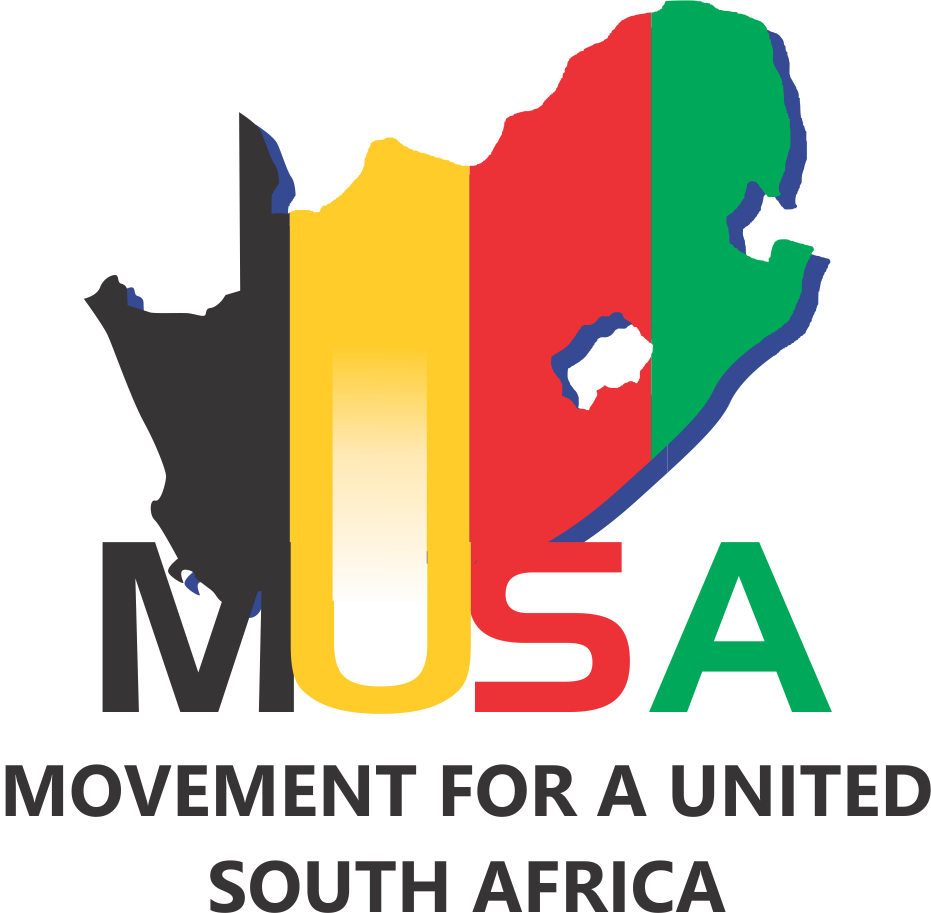
What is socio-economic injustice
July 17, 2020
Religious Leaders Call for Active Participation in Local Governance
August 7, 2023Communities and Voters must restore Ethical and Capable Local Government
On Saturday 5 June 2021, MUSA hosted a second on-line panel discussion on Local Government. These discussions are aimed at mobilising communities to actively promote and shape participatory democracy at the local level that advances socio economic justice, development, upliftment and dignity for all.
The panel discussion culminated in a call for a more vigilant civil society that interrogates promises, plans and the use of resources. Local Government has to be ethical and capable to serve as a vehicle for promoting the public good and to meet the needs of citizens. A call was made to Local Government politicians and leaders to take their responsibilities seriously by halting the rampant corruption and mismanagement of municipalities that is having disastrous consequences in respect of service delivery failure, severely constrained economic development and rising inequality.
Leaders must hold themselves accountable to communities and not to narrow party political agendas. They have to lead with conscience and conviction appreciating the responsibility on their shoulders to support the long term sustainable development of communities.
Faith based communities and leaders must work together and have a critical role to play in promoting moral leadership and social cohesion in society, and to rebuild moral fabric of society.
Political leadership is a product of society. Faith based communities can actively promote the following:
- Undertake community oversight of municipal plans, programmes and spending;
- Train and deploy people into political parties, new parties, as independent candidates and into leadership and management of municipalities on basis of skills and capability;
- Promote ethical conduct within society including ethical business practices;
- Promote community agency (doing things
for themselves and by themselves), support community development initiatives and the building of self-sustaining communities.
The panel was chaired by Councilor Fawzia Peer. The panellists included Sidi Thabit Maisela from the South African Black Muslim Conference who has vast experience working in Local Government and Kaylene Moodley from the South African Hindu Maha Sabha who works across the Local Government and Environmental sectors. Political analyst Ebrahim Fakir from ASRI (Awwal SocioEconomic Research Institute), shared critical insights on the capability requirements for Local Government, and the prospects for ethical and capable Local Government.
Thabit Maisela raised the importance of political will. The challenges confronting cities is not always about an ethical dilemma but rather lack of political will to act swiftly and decisively. The low number of people participating in the City of Johannesburg’s Integrated Development Plan (IDP) calls into question the legitimacy of the City. The budget of the City does not always tally with the needs on the ground.

Kaylene Moodley emphasised that Faith Based communities can form a critical block to engage government and hold Councillors more accountable. The active role of faith based communities already doing good work in communities has to be escalated and coordinated as a human solidarity programme. The world is one family interfaith perspective has to be promoted. The Hindu Model for moral leadership has a key message – Good leaders are not perfect but are humble and prepared to learn.

Ebrahim Fakir warned that failure of government gives rise to predatory behaviour and race merchants exploit class, race and ethnicity within society for political purposes.

MUSA would like to harmonise with various role players in protecting and advancing the local government system as part of the Constitutional fabric to transform society and deliver socioeconomic justice, social solidarity and cohesion, and dignity for all. There is a need for solutions to realise ethical and capable leadership.
